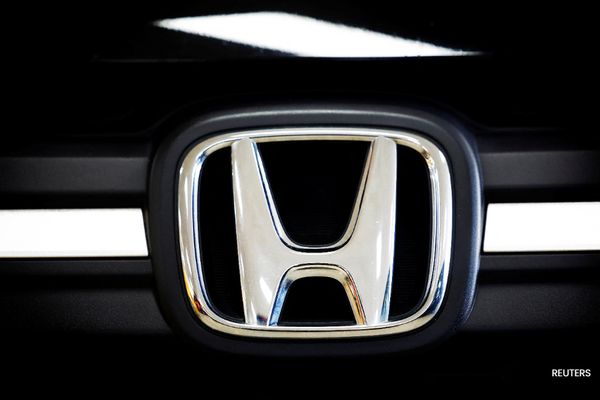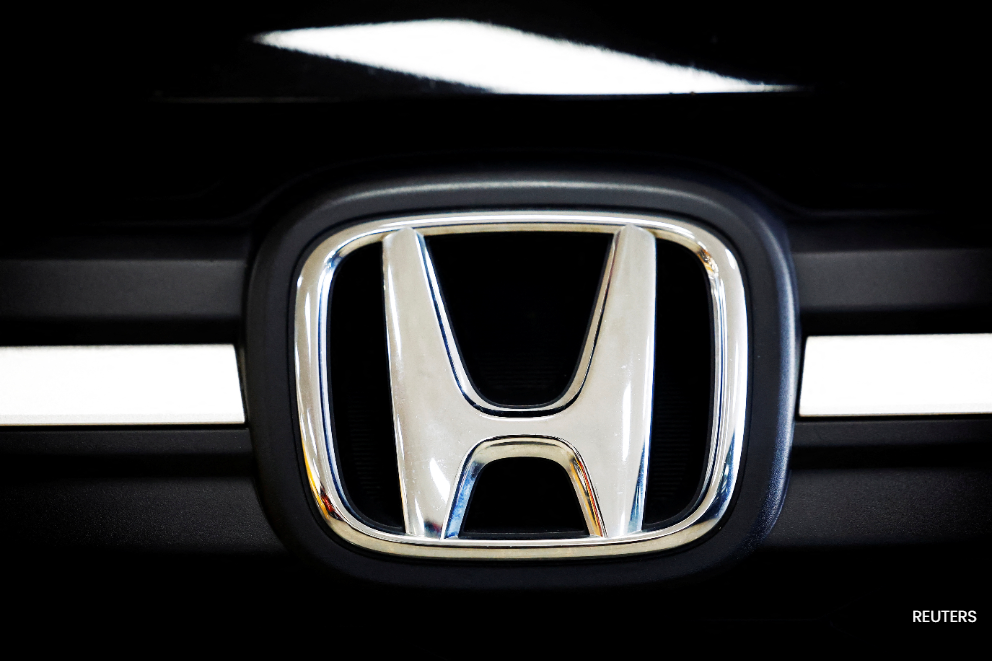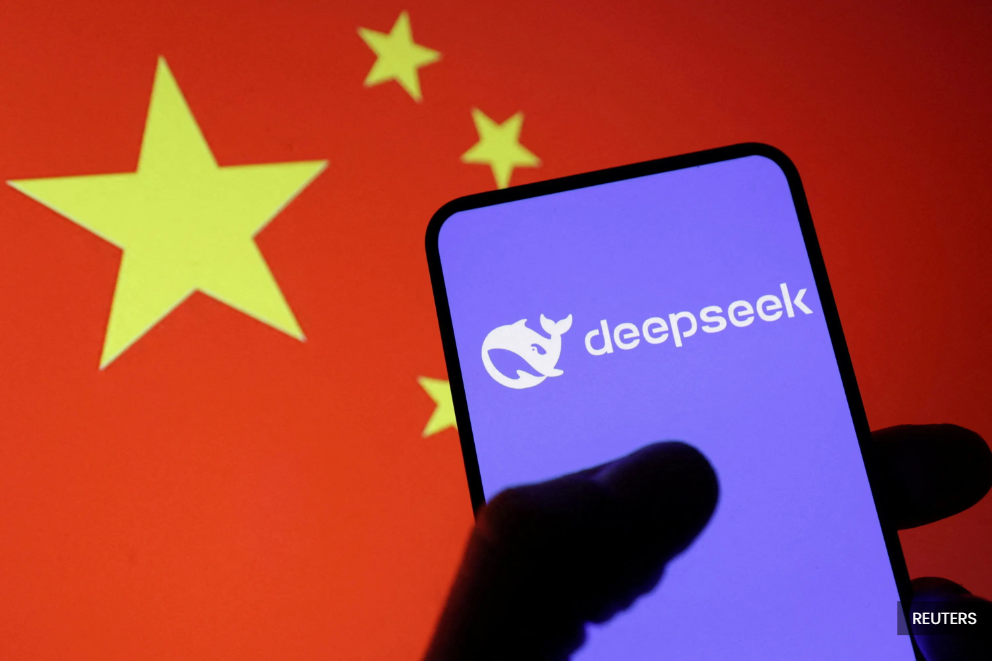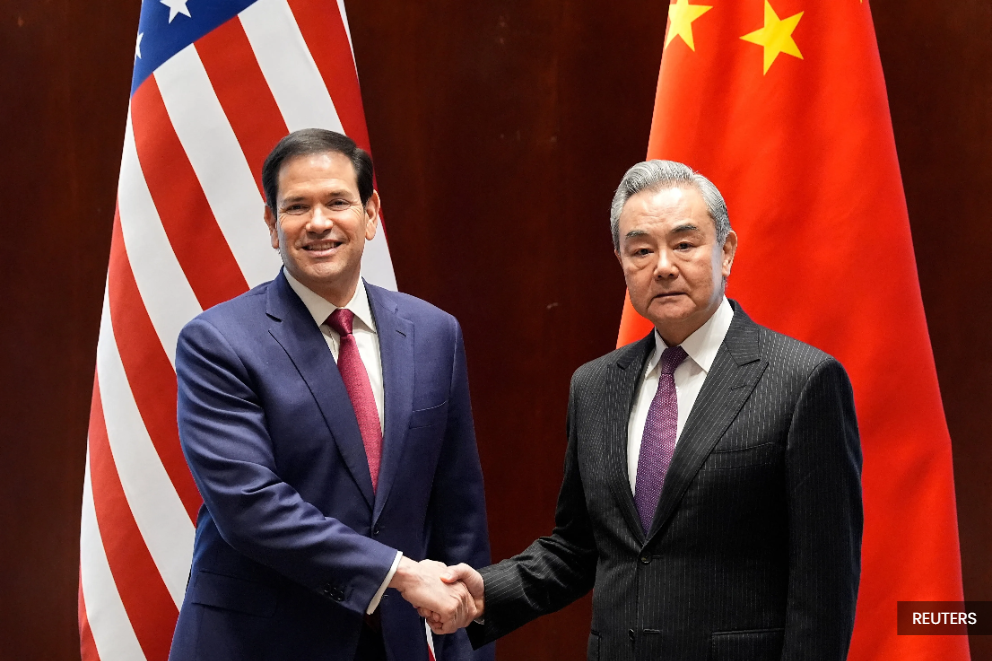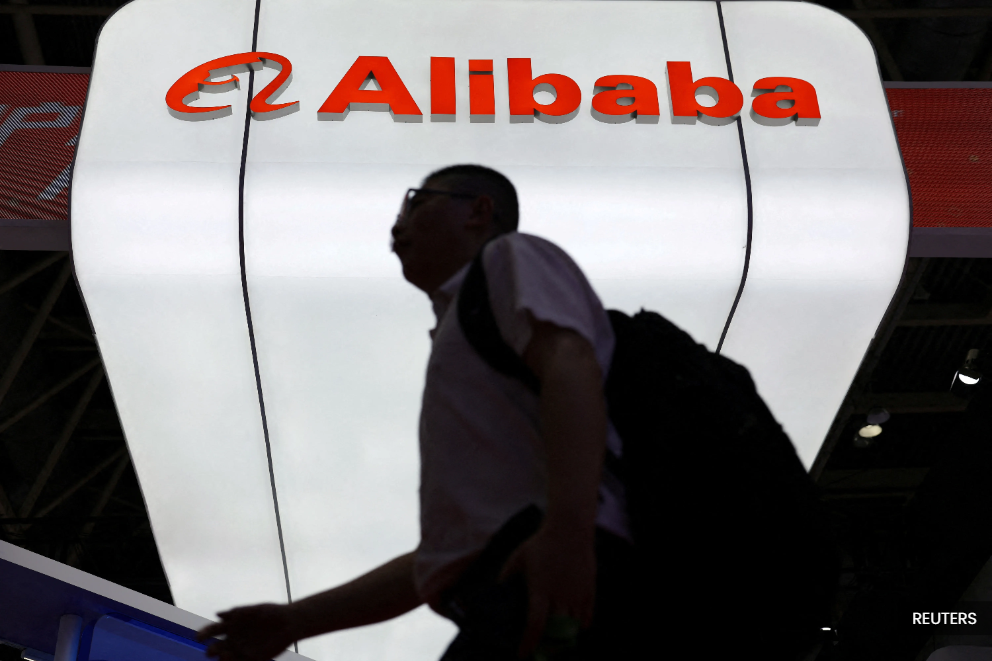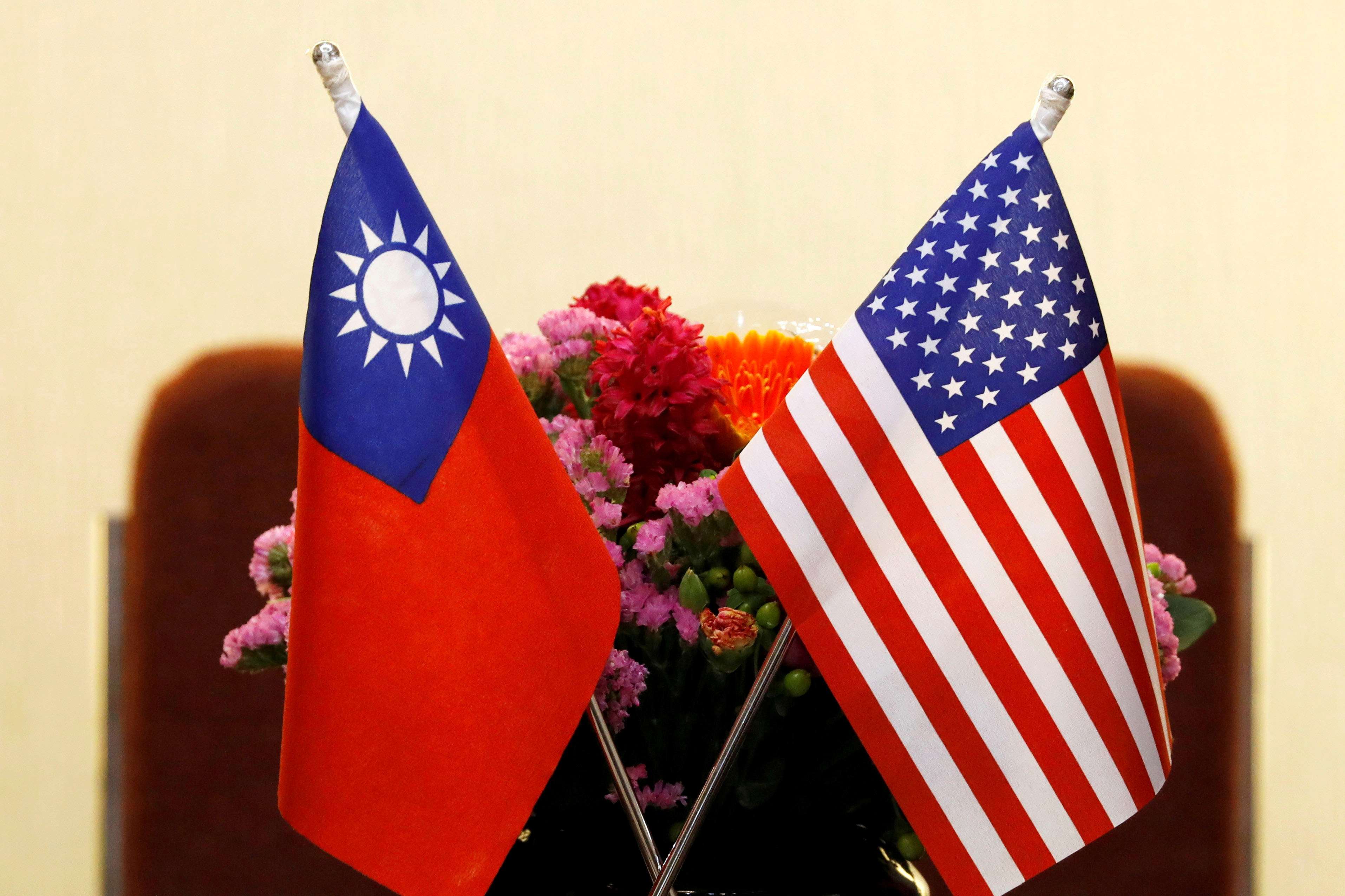TOKYO, Nov 11 — Honda's downgrade to its full-year profit outlook underscores the immediate pressure from US tariffs and global chip shortages -- but the deeper, longer-term challenge lies in intensifying competition from Chinese electric vehicle makers.
Japan's second-largest automaker cut its full-year outlook by a fifth after the market closed on Friday, citing one-off EV costs and a shortage of components using chips from Netherlands-based Nexperia. The Dutch government took control of the company, owned by China's Wingtech, on September 30.
It also estimated a 385 billion yen (RM10 billion) hit from US tariffs, although that was less than the 450 billion yen originally flagged.
Its shares tumbled 4.7 per cent on Monday. Yet the more pressing concern for Honda — and by extension, other Japanese carmakers — is the steady erosion of market share in Southeast Asia, a region where they once dominated virtually unchallenged.
Until recently, Japanese automakers believed they could shield their Asia businesses outside of China from the kind of slump they were experiencing in the world's largest car market. That assumption no longer holds.
"In markets like Thailand, the competitive landscape is quite intense and overall we have lost our competitive edge in terms of pricing," executive vice-president Noriya Kaihara said at a briefing on Friday.
The challenge goes beyond declining sales. Automakers are responding by ramping up incentives and cutting prices to attract buyers, Kaihara said. That means leaner profits on new sales.
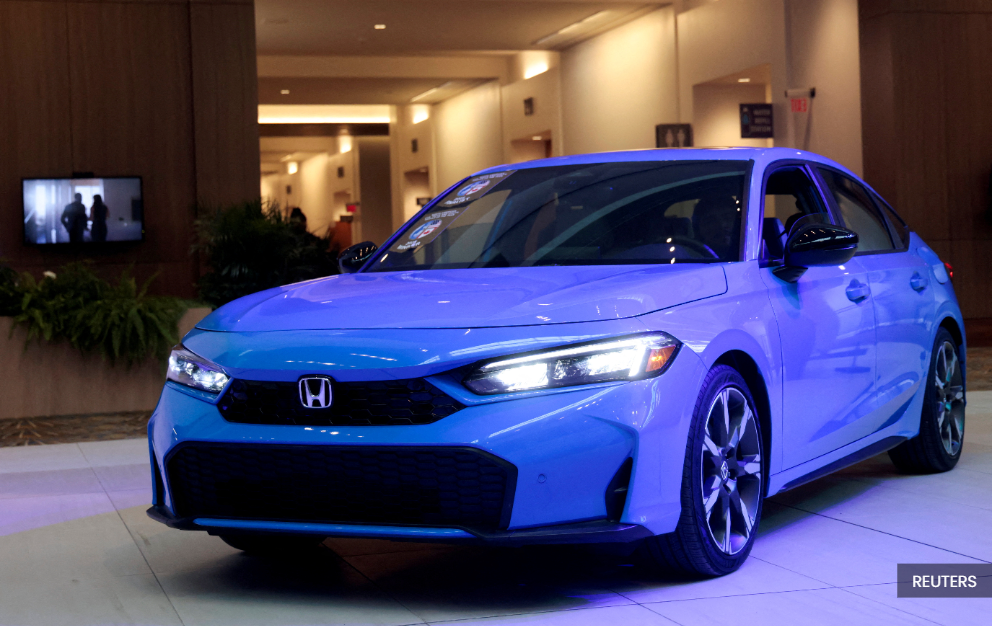
Chinese rivals accelerate
Honda now expects to sell 925,000 vehicles in Asia, including China, in the current financial year, a decline of more than 10 per cent from its previous target of 1.09 million cars.
It had previously forecast to sell 5,000 fewer cars in Asia outside of China than it did last year; that figure has now ballooned to 75,000 fewer.
Competition from Chinese EV makers such as BYD is becoming increasingly difficult for Japan's automakers across Southeast Asia, including Thailand and Indonesia, said one industry source, who declined to be identified so he could speak openly.
"Southeast Asia is starting to be significantly impacted by Chinese players," said the source, speaking before Honda reported its results. "The growth of Chinese EVs in Thailand over the past two years has been extraordinary."
The advance by BYD and others comes as China's own auto industry faces a brutal price war at home, prompting its EV makers to expand aggressively overseas.
Honda's retail sales plunged nearly 30 per cent in Indonesia over the first nine months compared with the same period last year, according to company data. In Malaysia, they fell 18 per cent and in Thailand they were down 12 per cent over the period.
The company has no new models planned for the region from this fiscal year into the next, apart from an overhaul of the City compact sedan — a delay that could risk ceding more ground to Chinese manufacturers.


